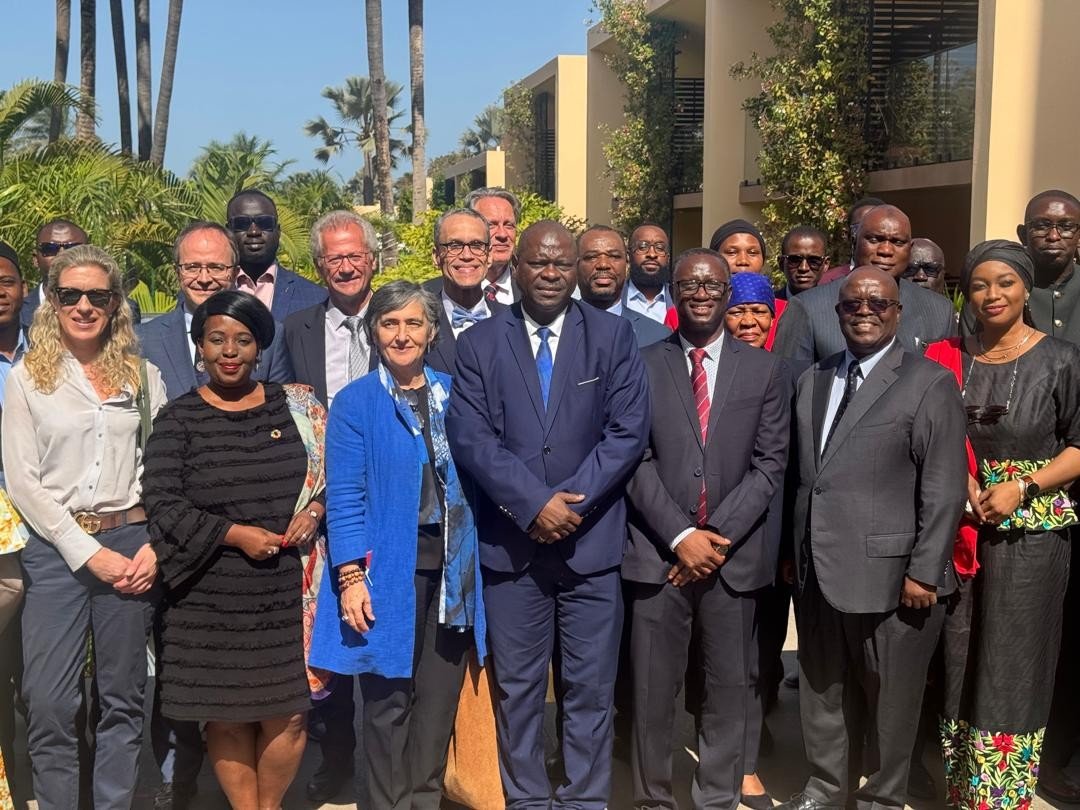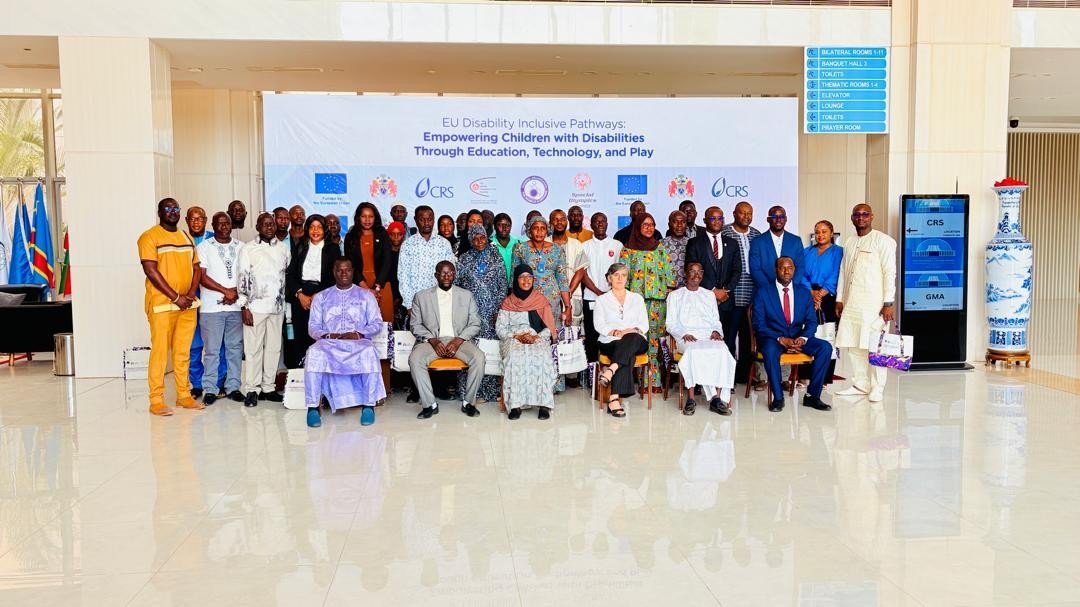The West Africa Coastal Area (WACA) project, in partnership with the National Disaster Management Agency (NDMA), has concluded a capacity building training for 9 ward disaster committees along the Kotu stream on disaster preparedness and response.
The capacity building training was held at the weekend at NaNA conference hall in Bakau.
The training attracted 117 participants drawn from local community members within Kanifing Municipality and West Coast Region (WCR).
Speaking at the event, Muhammad Leroy A. Gomez, environmental specialist, said the training was key to the operationalization of the ward contingency plans developed for all wards along the Kotu stream in 2024.
According to him, the Kotu stream – one of the most flood-prone areas in the Greater Banjul Area, and home to over 200,000 people – is the intervention area of the WACA project.
Mr Gomez said the training was expected to help the communities to adequately prepare for flood emergencies and other disasters and enhance rapid community response to all emergencies.
Isatou Camara, Community Service Unit at KMC, highlighted the importance of community ownership: “We are the first to witness the impact of disasters, and now we are being prepared to be the first to respond. This training is about saving lives, protecting homes, and safeguarding the dignity of our communities.”
She made reference to the Gambia’s Department of Water Resources, which has revealed that there is a 45% chance of above-normal rainfall this year, heightening the risk of flash floods and structural damage.
Bubacarr Fofana, the monitoring and evaluation officer at NDMA, said having a disaster plan is good, but being able to operationalise it is essential for resilience. “We must not wait until lives are lost and homes are washed away to start preparing,” he explained.
Fofana reiterated that community-based approach reflects on national and international commitments under the Gambia Disaster Risk Management Policy 2024–2033 and the Sendai Framework for Disaster Risk Reduction.
“It also ensures that local actors are empowered to lead the charge in building safer, and more prepared neighborhoods,” he said.
However, “Last year, over 800 households across KMC and WCR were affected by heavy rains and fire outbreaks, largely due to inadequate infrastructure, poor planning, and limited preparedness.






